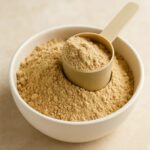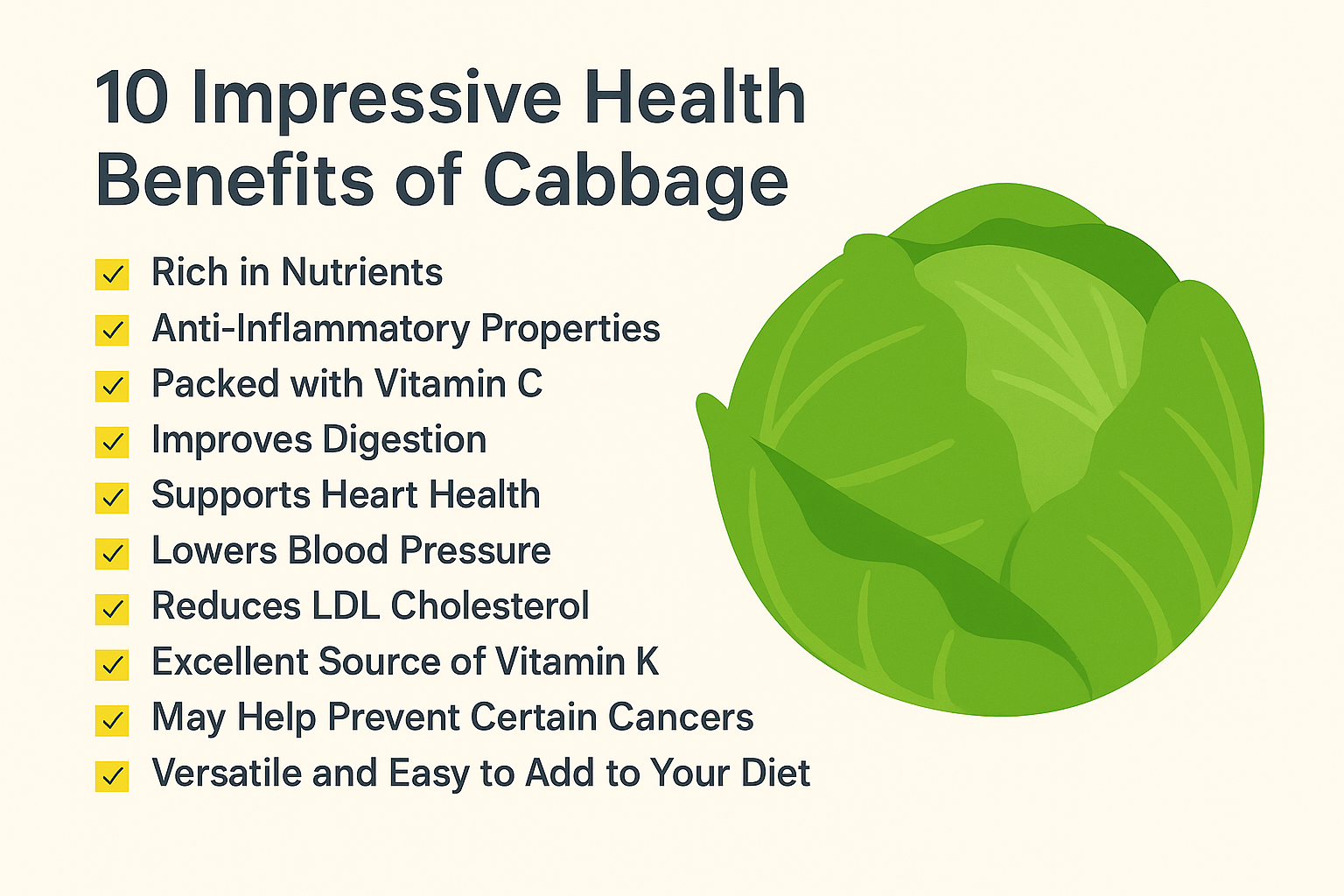
Amazing Benefits of Fennel Seeds for Digestion and Health

Fennel and fennel seeds have long been a staple in many cultures due to their wide array of health benefits. Known for their aromatic flavor and medicinal properties, fennel seeds have been used for centuries in both culinary and medicinal practices. Whether consumed raw, as a spice, or brewed into tea, fennel seeds can provide significant digestive support and contribute to overall well-being.
What are Fennel Seeds?
Fennel seeds come from the fennel plant, scientifically known as Foeniculum vulgare. The plant itself is native to the Mediterranean but is now cultivated worldwide. The seeds are small, oval, and typically light brown with a distinct anise-like flavor, which is why they are often used in cooking, especially in Mediterranean and Indian cuisines.
These seeds are rich in fiber, antioxidants, and essential oils, all of which contribute to their health benefits. In addition to their flavor, fennel seeds are particularly known for their positive effects on digestion and gut health.
Fennel Seeds and Digestion: The Key Benefits
One of the most notable health benefits of fennel seeds is their ability to support digestion. The high fiber content in fennel seeds helps regulate bowel movements, reducing the risk of constipation. Additionally, fennel seeds contain compounds that can soothe the stomach and help alleviate digestive discomfort, such as bloating and indigestion.
Fennel seeds are often used as a natural remedy for gas and bloating, as they have carminative properties, which help expel gas from the digestive tract. Chewing fennel seeds after a meal can help reduce bloating, making it a popular digestive aid in many cultures.
Moreover, fennel seeds stimulate the production of digestive juices, improving overall digestion and nutrient absorption. If you’re struggling with digestive issues like heartburn or indigestion, fennel seeds may provide gentle relief by balancing stomach acids.
How to Make Fennel Coriander and Cumin Seed Tea
A popular remedy for digestion issues is fennel coriander and cumin seed tea. This tea combines the digestive benefits of fennel with coriander and cumin, two other spices known for their gut-supporting properties.
Here’s how you can make this digestive tea at home:
- Ingredients:
- 1 teaspoon of fennel seeds
- 1 teaspoon of coriander seeds
- 1 teaspoon of cumin seeds
- 2 cups of water
- Honey (optional)
- Instructions:
- In a small pot, combine the fennel, coriander, and cumin seeds.
- Add the water and bring it to a boil.
- Once boiling, reduce the heat and let the tea simmer for 5-10 minutes to allow the flavors to infuse.
- Strain the tea into a cup and add honey to taste if desired.
- Drink this tea after meals to help improve digestion and reduce bloating.
The combination of fennel, coriander, and cumin seeds provides a powerful digestive tonic. Fennel seeds help soothe the stomach, cumin seeds promote the production of bile for better digestion, and coriander seeds help reduce inflammation in the gut. This tea is a gentle, natural remedy for anyone seeking relief from digestive discomfort.
Other Health Benefits of Fennel Seeds
Aside from their digestive benefits, fennel seeds have a range of other health advantages:
- Rich in Antioxidants: Fennel seeds are packed with antioxidants like flavonoids and phenolic compounds, which help fight free radicals and protect the body from oxidative stress.
- Supports Weight Loss: The fiber content in fennel seeds helps increase feelings of fullness, making them a great addition to a weight loss diet. It can help curb overeating by promoting satiety.
- Boosts Immune System: The vitamin C content in fennel seeds helps support the immune system, making them an excellent choice during cold and flu season.
- Hormonal Balance: Fennel seeds have been traditionally used to support hormonal balance, particularly in women. They are known to help with menstrual irregularities and promote lactation in breastfeeding mothers.
Best Tea for Sore Throat
Read our previous blog about
FAQs
What are the main health benefits of fennel seeds?
Fennel seeds aid digestion, reduce bloating, and support weight loss. They also have antioxidant properties and support immune health.
Can fennel seeds improve digestion?
Yes, fennel seeds are well known for their ability to improve digestion. They can help alleviate bloating, indigestion, and constipation.
How do I use fennel seeds for better digestion?
You can chew fennel seeds after meals or brew fennel coriander and cumin seed tea for digestive support.
Are fennel seeds good for weight loss?
Fennel seeds are a great addition to a weight loss diet. Their fiber content helps keep you full for longer, which may help reduce overeating.
Is fennel tea safe to drink every day?
Yes, fennel tea is generally safe to drink every day. However, it’s always a good idea to consult a healthcare professional if you have any concerns, especially during pregnancy.
Incorporating fennel seeds into your diet is a simple and natural way to support your digestive health and overall well-being. Whether you enjoy them as a spice in your meals or brew them into a soothing tea, fennel seeds are a powerful tool in maintaining a healthy gut and a balanced lifestyle.

Hello! I am Amir
Interesting Posts


Vitamins for Dry Eyes Best Supplements and Home Remedies

Can Men Take Prenatal Vitamins for Fertility and Hair Growth


Tomatoes and Nutrition: Heart Health, Weight Management, and Skin Care

Peanut Butter Is It Good for You?
Nutrifocal inspires healthier living by delivering trusted nutrition, wellness guidance, and balanced lifestyle choices daily.
- Mark Twain Tweet
Related Posts

Health Benefits of Bacon

Peanut Butter Is It Good for You?

Are There Health Benefits to Eating Sardines?


